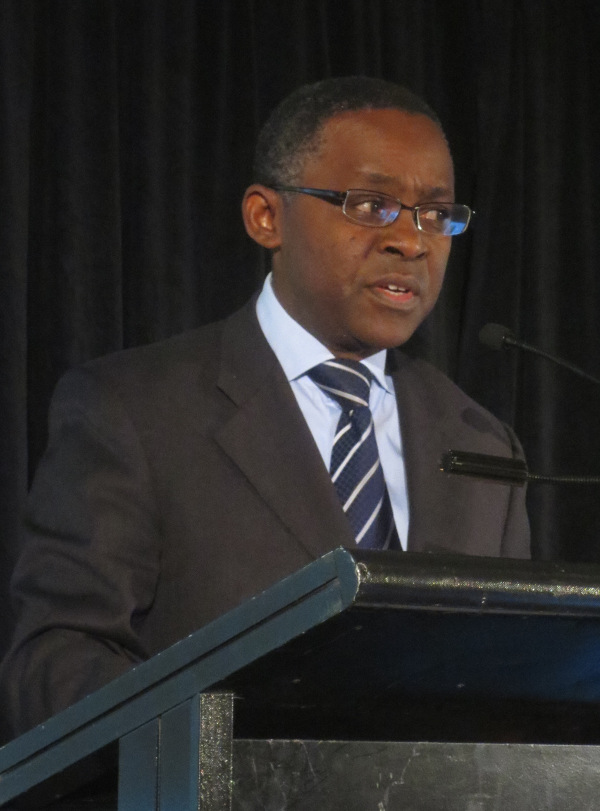 Nations need a system for developing scientific insight to shape policy, but that’s usually lacking in the world’s Least Developed Countries. As a result, it’s it difficult – if not impossible – for those countries to address challenges such as hunger and health or to join global efforts on climate change.
Nations need a system for developing scientific insight to shape policy, but that’s usually lacking in the world’s Least Developed Countries. As a result, it’s it difficult – if not impossible – for those countries to address challenges such as hunger and health or to join global efforts on climate change.
How can Least Developed Countries build this scientific capacity? In an essay published in The Guardian’s Political Science blog, TWAS Executive Director Romain Murenzi describes Rwanda’s commitment to science for rebuilding after genocide in 1994 shattered the nation.
Ideally, each Least Developed Country “could build a corps of advanced scientists who can review and synthesize the best available information and present it to government leaders – and to their people – in clear, understandable terms,” Murenzi writes. “However, they cannot begin to achieve this goal without partnerships and support from the developed world to complement their own scientific culture.”
Read the full essay, “Science, development and the rebuilding of Rwanda”.
That requires a new relationship: Developing countries need to define their own needs and goals, and developed nations need to honour that desire for independence even as they share their expertise.
Murenzi served as Rwanda’s minister of science and technology from 2001 to 2009. The essay was one of a series published by The Guardian during last week’s global summit, “Science Advice to Governments”, held in Auckland, New Zealand. Murenzi served as a keynote speaker during that event.
Edward W. Lempinen

